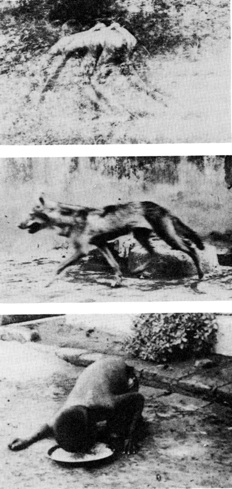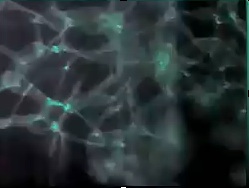systemic networks evolve


conservation and change
The matrix in which we find ourselves living is far richer than any set of distinctions can possibly note. Indeed in modelling courses, I tell the students that the only possible accurate model of the earth would be a duplicate earth, and even so the two would diverge when even very, very few micro or small scale random events or human choices resulted in cascades of changes.
Because we cannot predict all the possible consequences of our actions, it behooves us to consider what we wish to conserve. Whatever we do conserve creates a space for other things to change around that; though we cannot foresee all the consequences. However, if we conserve a way of being, then that way of being will interact with whatever continues to happen.
What if we don’t grow in a human culture?
You have all heard of the sad and difficult stories of what happens to orphans raised in nurseries so understaffed that they have essentially no human contact. Even when they are later adopted into loving families, it may take years, or even a decade before they become fully “humanized.” You may also have heard horrific stories of children kept in cages or locked in basements by demented adults. You may not have heard stories of the few children that have through some mischance been adopted and raised by another social animal such as the wolf. These children learn to be wolves, as much as their different body shape allows. The ones that were later “recovered” from the wild, and taught to speak and dress, never became normal. (It is unclear how many of these stories are exaggerated, or even fraudulent, see “feral children” in Wiki)
As terrible as these stories are they reveal to us how much what we consider normal human emotioning and languaging is something that even now continues to be conserved from generation to generation through the learning of the children.
And it is clear that we can create many different manners of living together as cultures that appear to conserve themselves. This does not mean that all of them are equally livable for all the members of the culture. We have indeed created many cultures that are violent, or develop a class structure where a few in power lead comfortable lives but many others live in misery. Any culture can persist as long as the organization is such that it can claim enough material and energy from it’s medium for a period of time.
And I will add, that sometimes we do choose to live with what we don’t like in order to conserve something more important to us.
Maturana and Varela, 1988
Tree of Knowledge, p. 130

community
Can you tell what it is that I have videotaped
(and modified) to evoke a flickering systemic matrix of relations?

